11 out of 45: Women under-represented in governance
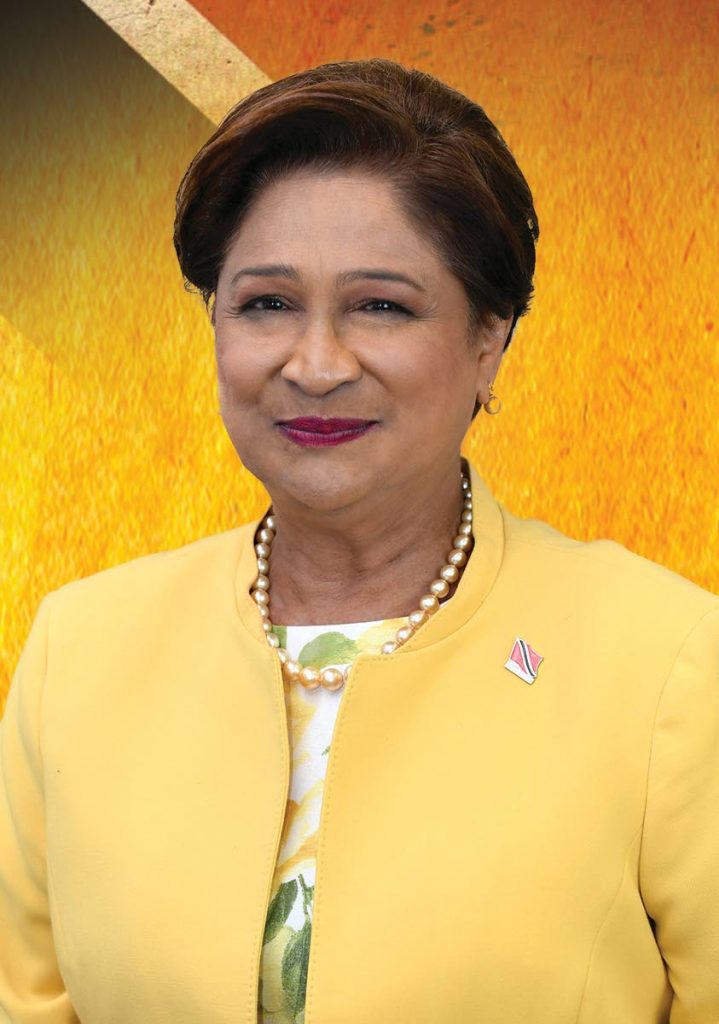
Out of 45 women candidates who contested the August 10 general election, 11 were elected.
The PNM MPs are:
Pennelope Beckles, Arima
Camille Robinson-Regis, Arouca/ Maloney
Lisa Morris-Julian, D’Abadie/O’Meara
Nyan Gadsby-Dolly, St Ann’s East
Ayanna Webster-Roy, Tobago East
Shamfa Cudjoe, Tobago West
UNC MPs include:
Vandana Mohit, Chaguanas East
Michelle Benjamin, Moruga/Tableland
Kamla Persad-Bissessar, Siparia
Khadijah Ameen, St Augustine
Anita Haynes, Tabaquite.
Having more women in governance is not an issue of diversity, but one of justice, says Gabrielle Hosein, head of the Institute for Gender and Development Studies at the University of the West Indies.
“Women (who are human beings, not 'females,' which are biological bodies) have never been sufficiently allowed or encouraged to exercise equal decision-making authority as men," she said. "They may not be held back by overt sexism, but the risks of political life can be experienced by women very differently from men. Women are under greater pressure to meet standards of respectability, their bodies, dress, sexuality as well as marital status are under greater scrutiny.”
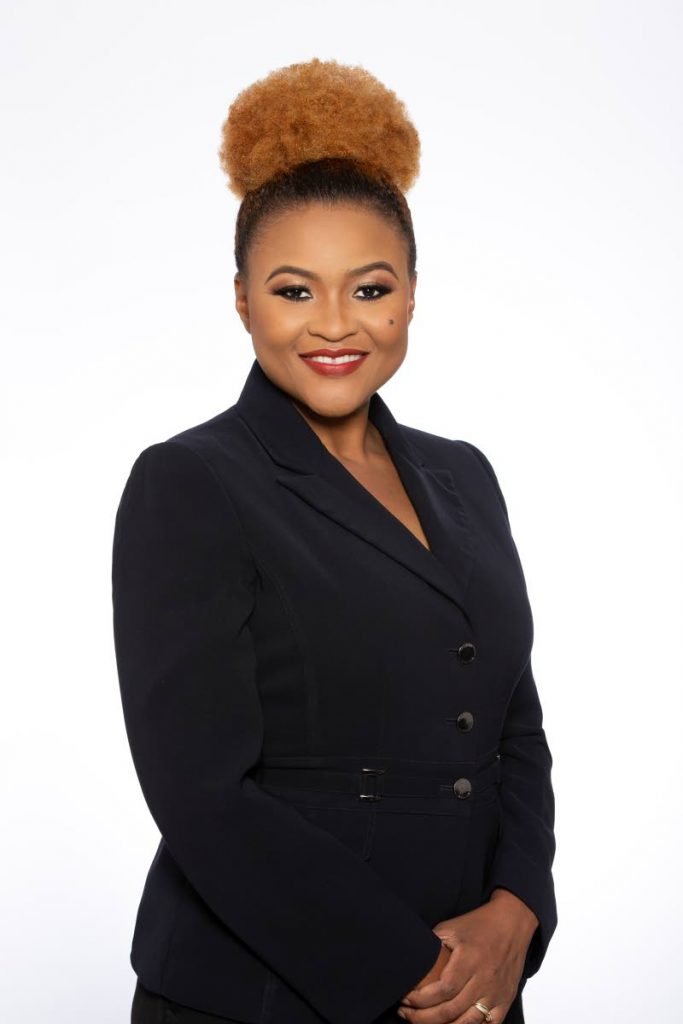
She added that women were under-represented in political leadership across the region, including TT, owing to a complex mix of such factors connected to gendered beliefs and values, roles and responsibilities, and risks.
While not a political issue, she gave the example of the sexual division of labour in childcare. She said women usually carry that unequal burden, which affects the time and capacity they have to participate in public life.
She stressed that it had nothing to do with their qualifications or skills, as for over two decades women have been graduating with tertiary degrees across a range of relevant disciplines at higher rates than men.
In one of her columns for Newsday, she noted that the PNM had 14 women candidates in the election. However, none who won were Indian and eight of them were "sacrificial lambs," placed in seats they were bound to lose. She said the UNC had 12 women candidates, but only four were likely wins. (The UNC won five.)
"There’s ethnic mix among those who can win. The five put in unwinnable seats are mainly non-Indian."
From the number of women who end up elected to Parliament and on state boards, it was “obvious” that TT did not sufficiently consider advancing gender equality an important part of development or democracy, and the country was “comfortable with male domination and consider(s) it unremarkable.”
This was despite global data suggesting that having women in leadership led to better decision-making.
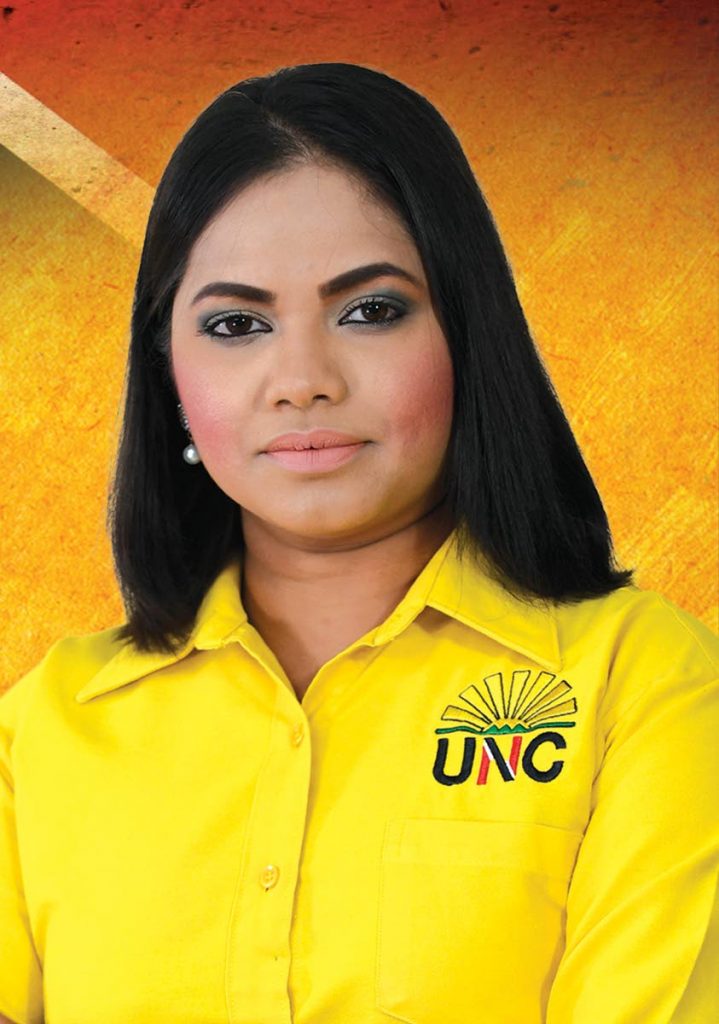
“The Caribbean data isn't as clear because it’s very hard for women to function as transformational leaders in the face of significant masculinist backlash when they challenge party leaders, who are almost always male, or party ideology, which pays lip service to gender equality, but has hardly committed to ending gender inequalities entirely.”
This has led to some women participating in politics in ways that toe party lines, reflect patriarchal values and uphold sexism and male leadership. Hosein added that it was not unusual for women to adopt political approaches that are those of the dominant ethos.
“Those approaches are associated with status, power, authority and loyalty to a political tradition, one that is male-dominated and masculinist, but highly respected and resilient.”
She said women leaders could not always change a status quo in the ways expected of them without facing a backlash. But she said there were times that risk was necessary, especially when they had the responsibility to challenge the norms set and held by men since TT’s independence.
Yet she said, “Norms in political life are very resilient. Politics is considered a battlefield, a site of war as well as of winning, and a competition for control and domination.
"The goal is not for women to change the behaviour of men. Men are adults and citizens who should be invested in social justice because that's what good citizenship is, not because women are making them kinder or gentler.”
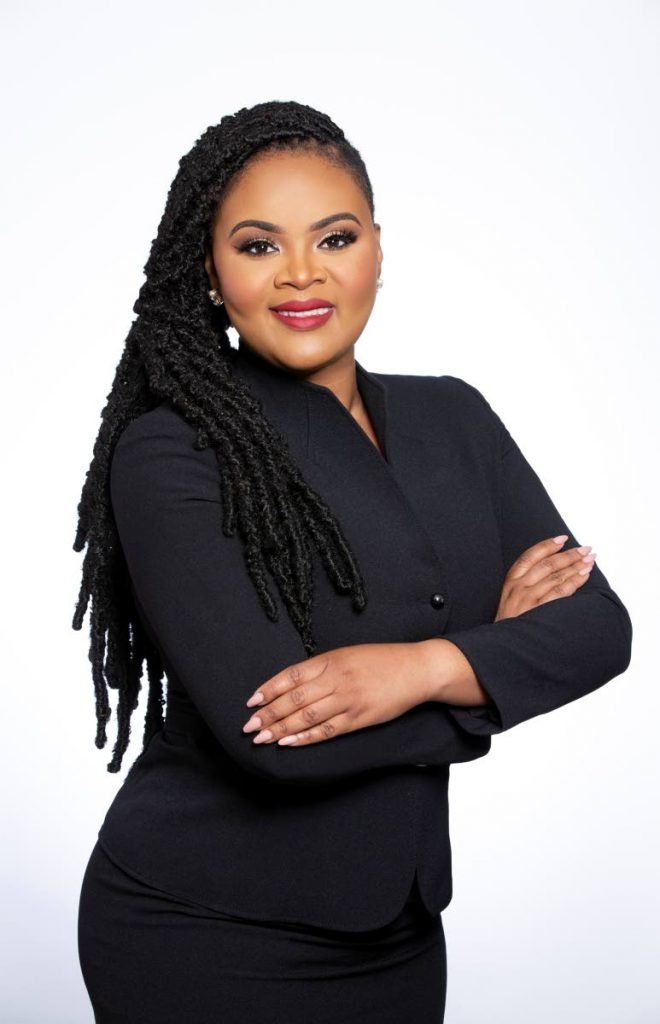
But citizens too may be reluctant to vote for women. She said while they may be looking for leaders with a balance of qualities, between those stereotypically associated with femininity and aggression, many still believed women could only be one or the other.
“We consider men to bring the best balance – a highly sexist view, but one dominant enough that we don’t consider it necessary to have women shape political life rather than be a minority of leaders in it.”
Hosein said women's participation had both symbolic and substantive significance. Historically, in the Caribbean, women were more likely to introduce and support reproductive rights measures.
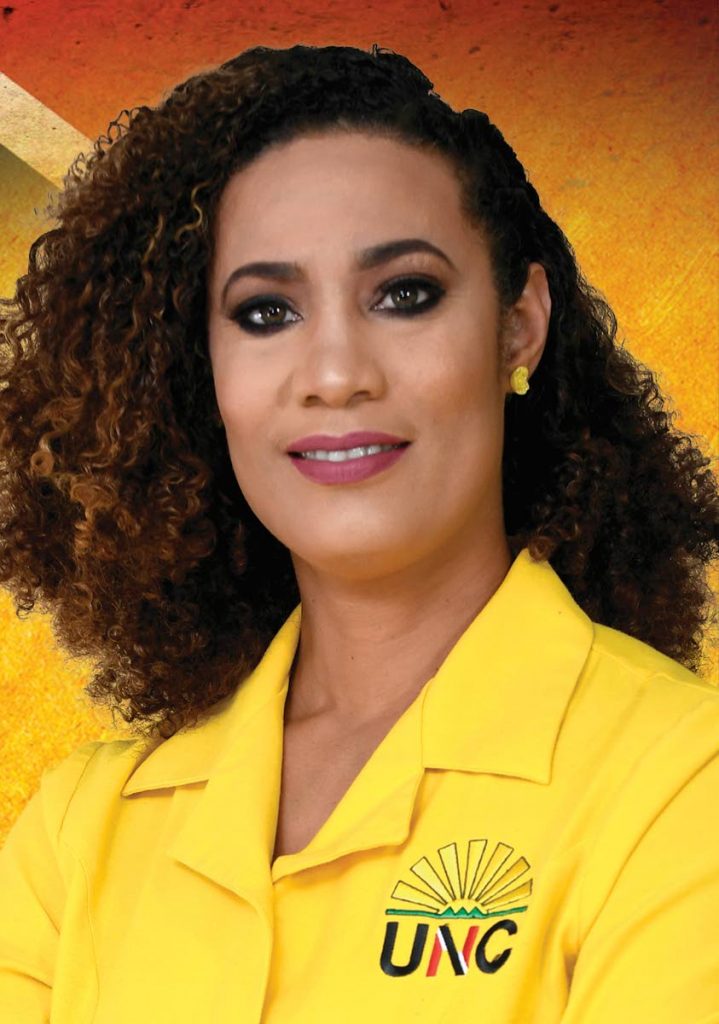
She previously said that, among her "deep disappointments" about United National Congress leader and former prime minister Kamla Persad-Bissessar were that she failed to end legal child marriage, approve a national gender policy, and create a children's act that wasn’t discriminatory, "all to keep patriarchal religious leadership onside the UNC.
“I certainly think that PM Persad-Bissessar could have done more for gender equality.
"But I wish that all the men who have ever held office had done more also, these are not just expectations we should have of women. Both women and men should be transformational leaders who prioritize inclusion, gender equality, non-discrimination, and women's rights.”
TT MISSING THE MARK
Hazel Brown, founding member of the Network of NGOs of TT for the Advancement of Women, said there was more work to be done in TT with regard to women in governance, but she believed 11 women MPs was “an acceptable figure, given the present world environment.” Twelve were elected in the 2015 general election.
What was more important, she said, was the level of gender sensitivity of those in Parliament.
“It’s not the numbers that determine what outcome you get. It’s the strategy you use to get that agenda. You could have 20 women and still not achieve anything if they are not committed to working on the women agenda.”
She was also pleased that most of the 11 women were experienced in Parliament so they did not have to learn how the system worked and then learn how it could work for them.
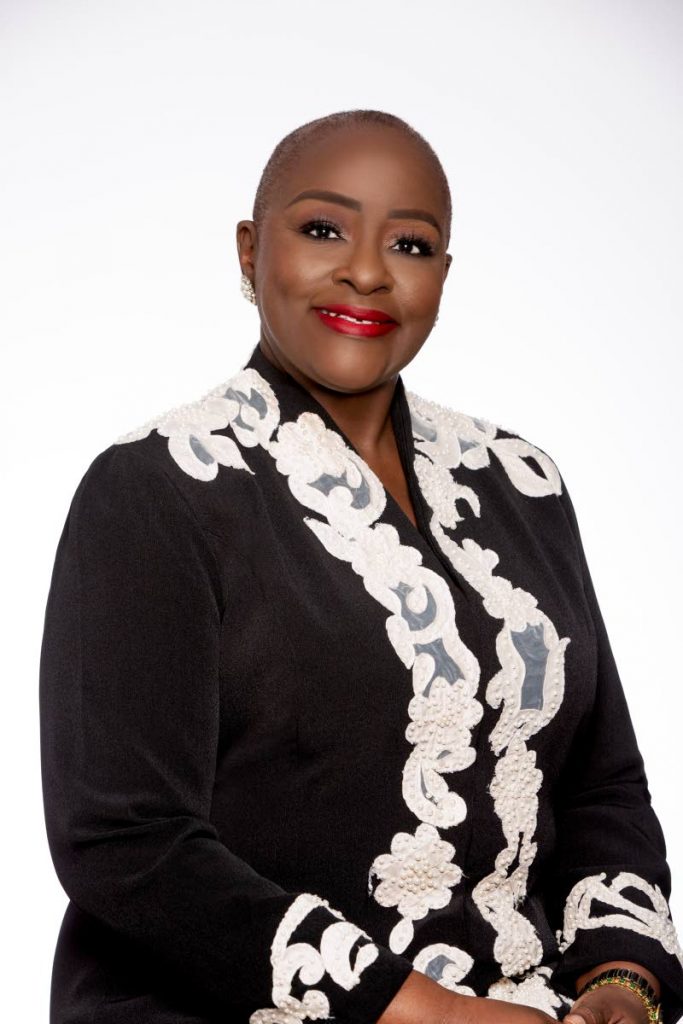
She also suggested the creation of a women’s caucus, an institutional structure where women from both parties in government could work and learn together.
Elysse Marcellin of the NGO Womantra was not pleased by the numbers. She said TT was failing to reach a target of equitable representation, as shown by the fact that only 11 women representatives were elected in 41 constituencies.
“This should be enough of a wakeup call that it’s time for us to examine what we understand by representation, redefine the scope, and actively work towards changing our mindsets and systems to accommodate and encourage true inclusivity to the benefit of women and other marginalised and vulnerable groups.”
She believed it should be a priority for any leader to facilitate holistic national development, to question the gaps in representation, understand why they exist, and “challenge the systemic barriers” that promote inequity.
It was important to ask who was actually being represented versus who was being left out, and why?
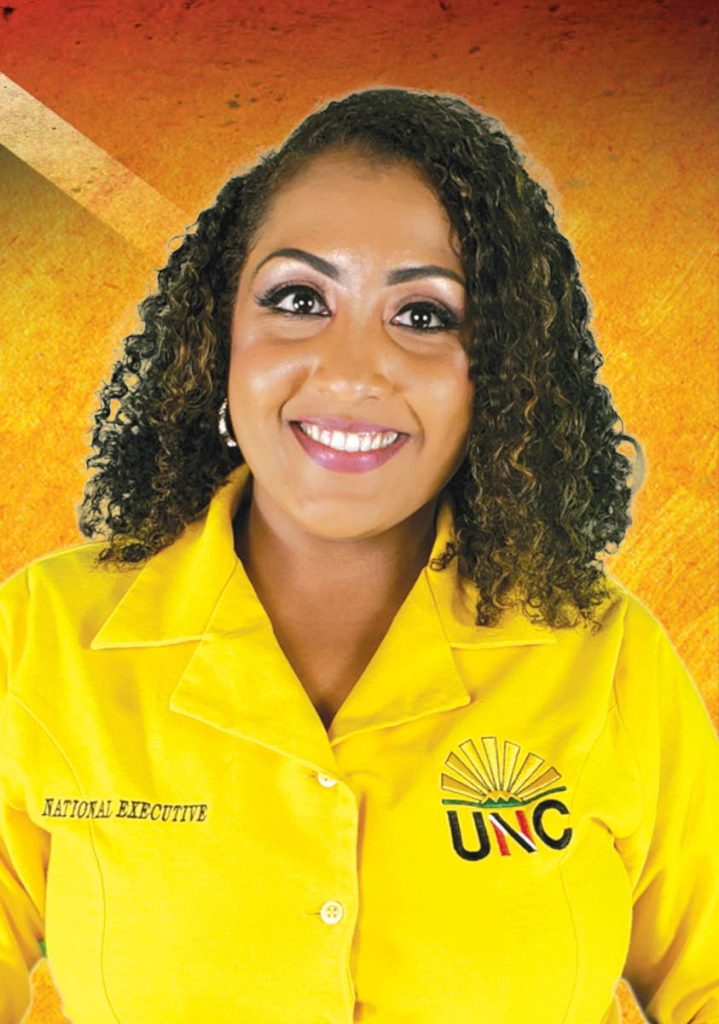
“For instance, the Companies Act explicitly excludes any person living with a mental illness from occupying positions of leadership within a company. When it comes to gender representation, there is a whole spectrum of identities beyond the man-woman/male-female binary that are wilfully and legally excluded.”
Some of those not being represented, she said, were women living with disabilities, rural working poor women, LBGT women, and more. She said it was necessary to identify these people and give them access to decision-making spaces.
Marcellin said some critical next steps for developing a more inclusive political landscape could include creating person-centred development plans, policies and legislation; establishing the promotion of human rights as a core tenet of good governance; and offering political education to all members of society with a view to improving pathways to decision-making spaces.
She said while women have had a noteworthy presence in politics, the political arena has been regarded as a masculine domain. And everyone, regardless of their gender identity, was likely to perform in ways that align with the gendered expectations of the space. She did not know whether women in politics were adapting to the space or those selected for representation already exhibited more “masculine” traits and so were given greater access.
“Regardless, it is important that our leaders aim to move beyond simply working towards a 50-50 quota as its main approach to gender equity; instead, we can and should work towards achieving gender justice by acknowledging the complex roles gender plays in constructing and maintaining barriers to effective representation and governance.


Comments
"11 out of 45: Women under-represented in governance"